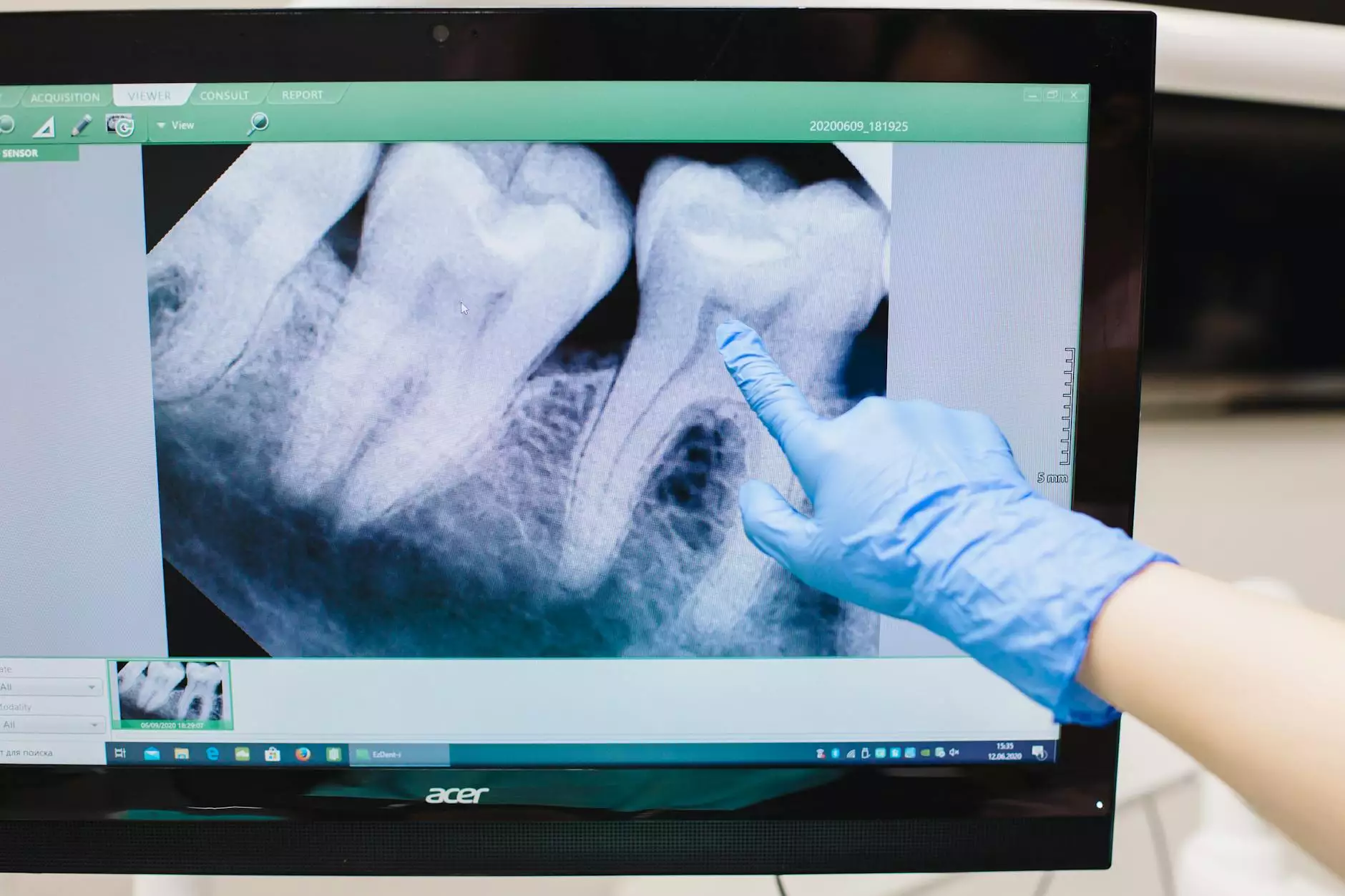Lung Cancer CT Scan: Understanding the Importance of Early Detection and Comprehensive Care

The Growing Concern of Lung Cancer
Lung cancer remains one of the most significant health issues globally, responsible for claiming numerous lives every year. Its insidious nature often means that symptoms may not appear until the disease is at an advanced stage. According to recent studies, early detection can significantly improve survival rates, making diagnostic tools, particularly lung cancer CT scans, vital in the struggle against this disease.
What is a Lung Cancer CT Scan?
A lung cancer CT scan, or computed tomography scan, is a powerful imaging technique that provides detailed cross-sectional images of the lungs. By using X-ray technology combined with computer processing, this scan can reveal small lesions and abnormalities that standard chest X-rays might miss.
These scans are instrumental in diagnosing lung cancer, assessing the size of tumors, and determining their exact location. Furthermore, they assist in formulating a tailored treatment plan and monitoring the efficacy of ongoing therapies.
Why Choose a CT Scan for Lung Cancer Detection?
The benefits of a lung cancer CT scan are multifaceted. Here are some of the most compelling reasons:
- High Sensitivity: CT scans can detect smaller nodules, often leading to earlier diagnosis.
- Non-invasive: This imaging technique is non-invasive, meaning patients can undergo scans without the need for surgical procedures.
- Detailed Visualization: The detailed images produced allow for precise assessment and treatment planning.
- Monitoring Progress: CT scans are effective in tracking changes in lung tumors over time, allowing healthcare providers to adjust treatment based on tumor response.
How is a Lung Cancer CT Scan Performed?
The process of a lung cancer CT scan is straightforward and usually takes less than 30 minutes. Below is a step-by-step guide on what patients can expect:
- Preparation: Patients may need to avoid eating or drinking for a few hours before the scan. It is essential to inform the medical team about any allergies, especially to contrast materials.
- Positioning: Once in the scanning room, patients will lie down on a comfortable exam table that slides into the CT machine.
- Scanning: The technician will operate the CT machine and take multiple images while instructing the patient to hold their breath at certain intervals.
- Post-Scan Care: After the scan, patients can return to their usual activities immediately unless instructed otherwise.
Interpreting CT Scan Results
After a lung cancer CT scan, radiologists will analyze the images for any signs of abnormalities. Common findings may include:
- Nodules: These are small growths within the lung tissue that may be benign or malignant.
- Masses: Larger than nodules, these require further evaluation to assess their nature.
- Infiltrates: Abnormalities that may suggest infection or cancer spread.
- Lymphadenopathy: Swelling of lymph nodes which can indicate metastasis or other diseases.
Once findings are reviewed, the healthcare team will work with patients to discuss the next steps, which may include further imaging, biopsies, or treatment options.
Advanced Techniques in Lung Cancer Imaging
The field of imaging for lung cancer is continually evolving, employing new technologies to enhance detection capabilities. Some advanced techniques include:
- High-Resolution CT Scans: Provide even clearer images of lung structures, improving diagnostic accuracy.
- Positron Emission Tomography (PET) Scans: Often combined with CT for detecting cancer spread.
- Contrast-Enhanced CT: Uses contrast dye to highlight blood vessels and abnormalities more clearly.
These innovative approaches allow healthcare providers to develop comprehensive treatment plans focusing on the unique characteristics of each patient’s disease.
The Role of neumarksurgery.com in Lung Cancer Management
At neumarksurgery.com, our mission is to provide state-of-the-art diagnostic and treatment options for lung cancer patients. Our experienced team of specialists utilizes the latest imaging technologies, including advanced lung cancer CT scans, to ensure precise diagnoses and tailored treatment strategies.
We prioritize patient care and education, helping individuals understand their options and guiding them through every step of their journey—from early detection to treatment and follow-up care.
Patient Support and Resources
Understanding lung cancer and its management can be overwhelming for patients and their families. That’s why neumarksurgery.com offers a plethora of resources including:
- Patient Education Materials: Accessible information on lung cancer, treatment options, and prevention strategies.
- Support Groups: Connecting patients with others facing similar challenges, fostering community and support.
- One-on-One Consultations: Personalized discussions with our medical team to address concerns and treatment plans.
Our goal is to empower patients with knowledge and support, so they feel confident in their healthcare decisions.
Conclusion: The Importance of Screenings and Early Detection
Early detection of lung cancer is crucial for improving treatment outcomes and survival rates. With advancements in imaging technologies, particularly lung cancer CT scans, patients can receive timely and accurate diagnoses that pave the way for effective treatment options.
At neumarksurgery.com, we are committed to providing exceptional care and resources tailored to each patient’s journey. If you or a loved one are concerned about lung cancer, do not hesitate to seek help. Early detection can save lives.







